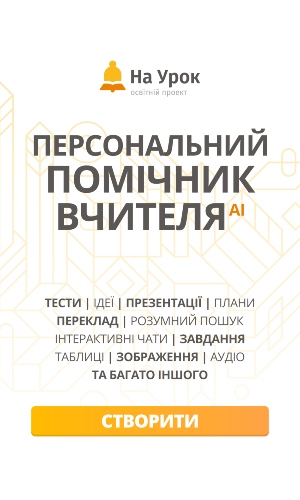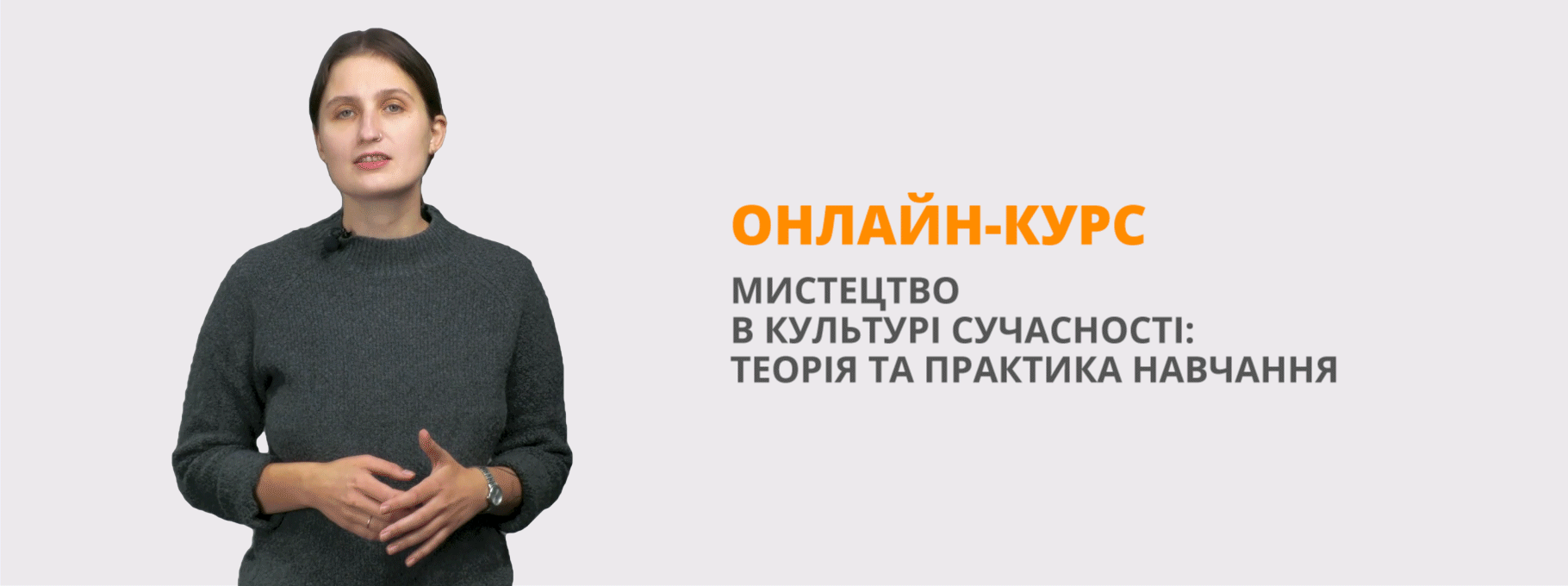English is a great fun. A Party.
English is a great fun
A Party
Level - A1 – Elementary
Teacher: Oksana Faryna, teacher- methodologist
The Objectives:
- to practise pupils’ speaking skills;
- to activate vocabulary;
- to develop pupils’ language skills using interactive forms (group work, games);
- to develop pupils’ memory, logical thinking, creative abilities.
Equipment:
- cards with pictures;
- cards with words and word combinations;
- handouts with sentences for pupils.
Procedure.
I. Introduction.
T: This week is the week of English in our school. Do you like English? Why? (Pupils give answers).
T: It’s interesting to learn English and it’s a great fun to study it. Today we’re going to play different games and practise your English. Are you ready? So, let’s start!
II. Game “I spy.”
The teacher lays the cards on the table in front of the pupils and says “ I spy my little eye a word that begins with letter S” (e.g. ‘summer’).Pupils look at the cards and guess a word. A pupil who is the first to guess a word described in the picture and names the word correctly, takes the card for himself. The winner is the person who collects the greater number of cards.
III. Whisper Game.
Pupils are sitting in a row. The teacher shows a picture to the first pupil in the row. He tells the word to his neighbour. All the other pupils behave in the same way. This continues till the last pupil in the row listens to the word. He has the cards with different words and finds out the correct word and names it. If the word was named correctly, the first pupil takes the last seat in the row and the teacher shows another picture to the next person. If the word wasn’t named correctly, the first pupil doesn’t change his seat and gives a try again and so on.
IV. Memory Game.
Every pupil gets a strip with a sentence. The pupils read the sentences trying not to show them to their friends. The teacher reads the text. Then pupils stand in a line according to the order of the sentences mentioned in the text.
John is an English schoolboy. He gets up at 8 o’clock in the morning. Then he does morning exercises and has a shower. After breakfast he goes to school.
He usually takes Number 5 bus to school. John has 5 or 6 lessons every day. At 12 o’clock English children have lunch. After lunch pupils play games in the yard. The lessons are over at 2.45 p.m. Now they can have a rest and meet their friends.
V. Game “ In the park I can see bushes…”
The teacher tells a sentence :” In the park I can see bushes”. P1 repeats the sentence and adds one more word (e.g. ‘birds’). P2 repeats the sentence “In the park I can see bushes, birds”, then adds one more word and so on. So the sentence gets longer all the time. If a pupil misses something from the list or can’t add a new item, he (she) is out. The game continues until only one member of the team is left.
VI. Arrange the words in the correct order to make a sentence.
Pupils work in pairs or small groups. Every group gets some cards with a word or a word combination. Pupils arrange the words in the correct order to make a sentence.
e.g. The children wanted to catch the thieves and get a reward from the police.
VII. Summing up.
T: It’s a pity but our time is up. Our party is over. I’m pleased that you were very active playing games. I’m sure you’ve had a good time today and enjoyed the party. Do your best, practice your English and remember that learning English is a great fun.


про публікацію авторської розробки
Додати розробку
